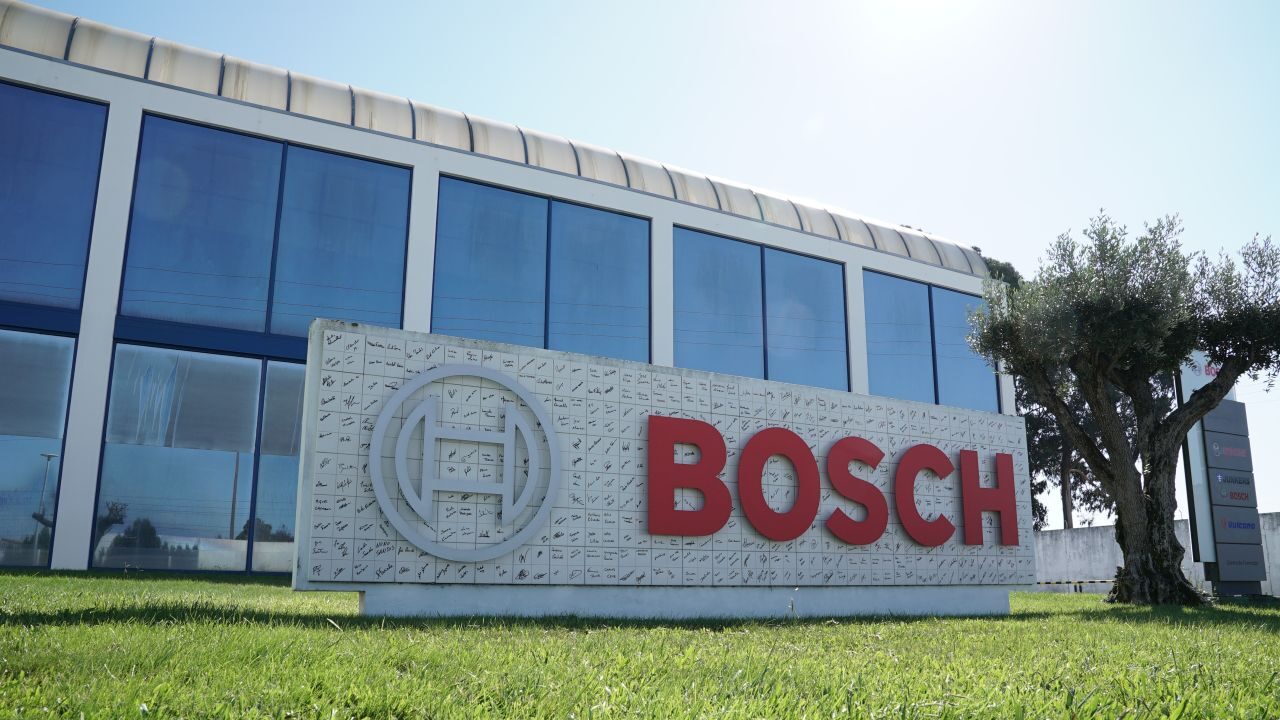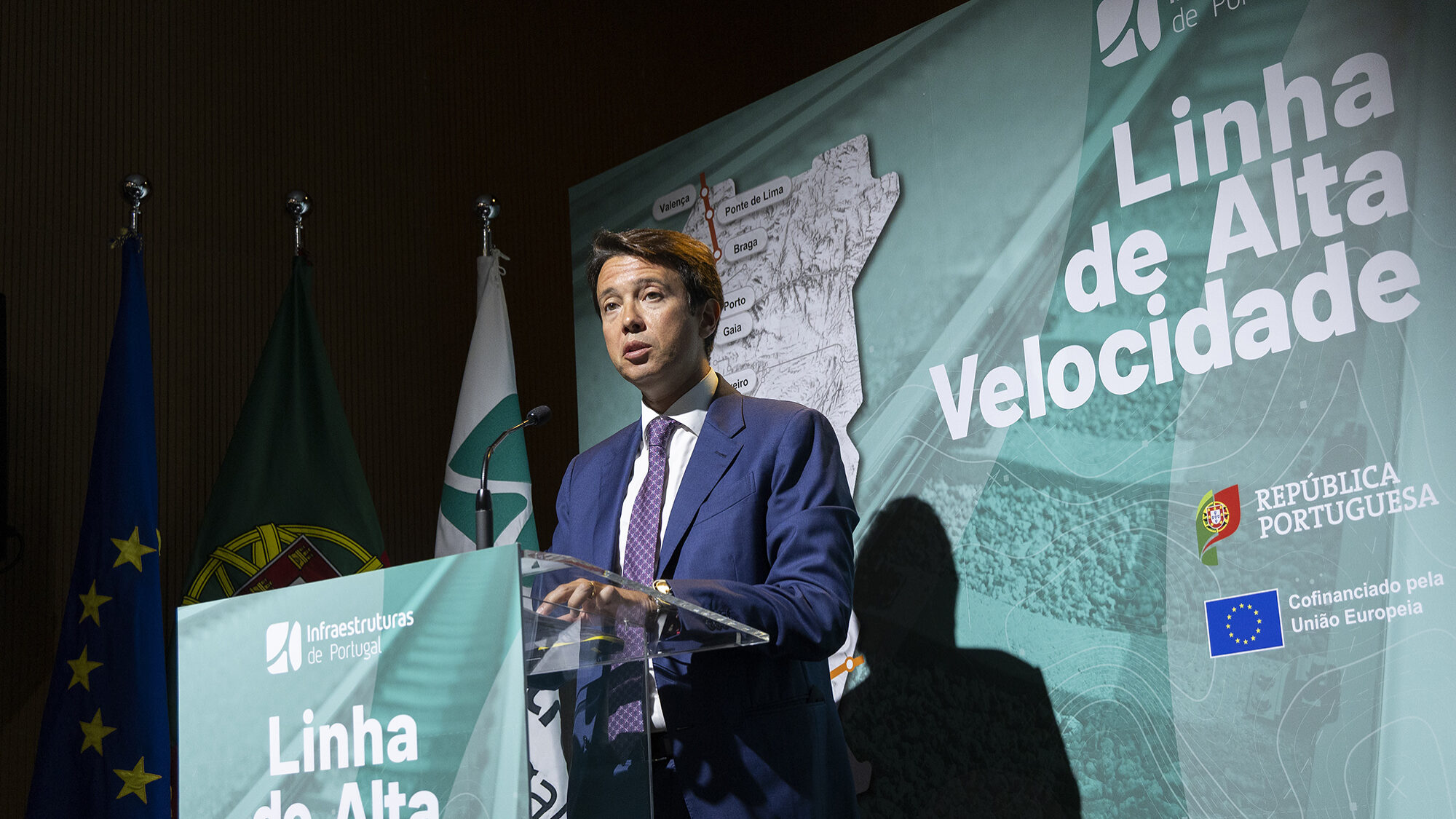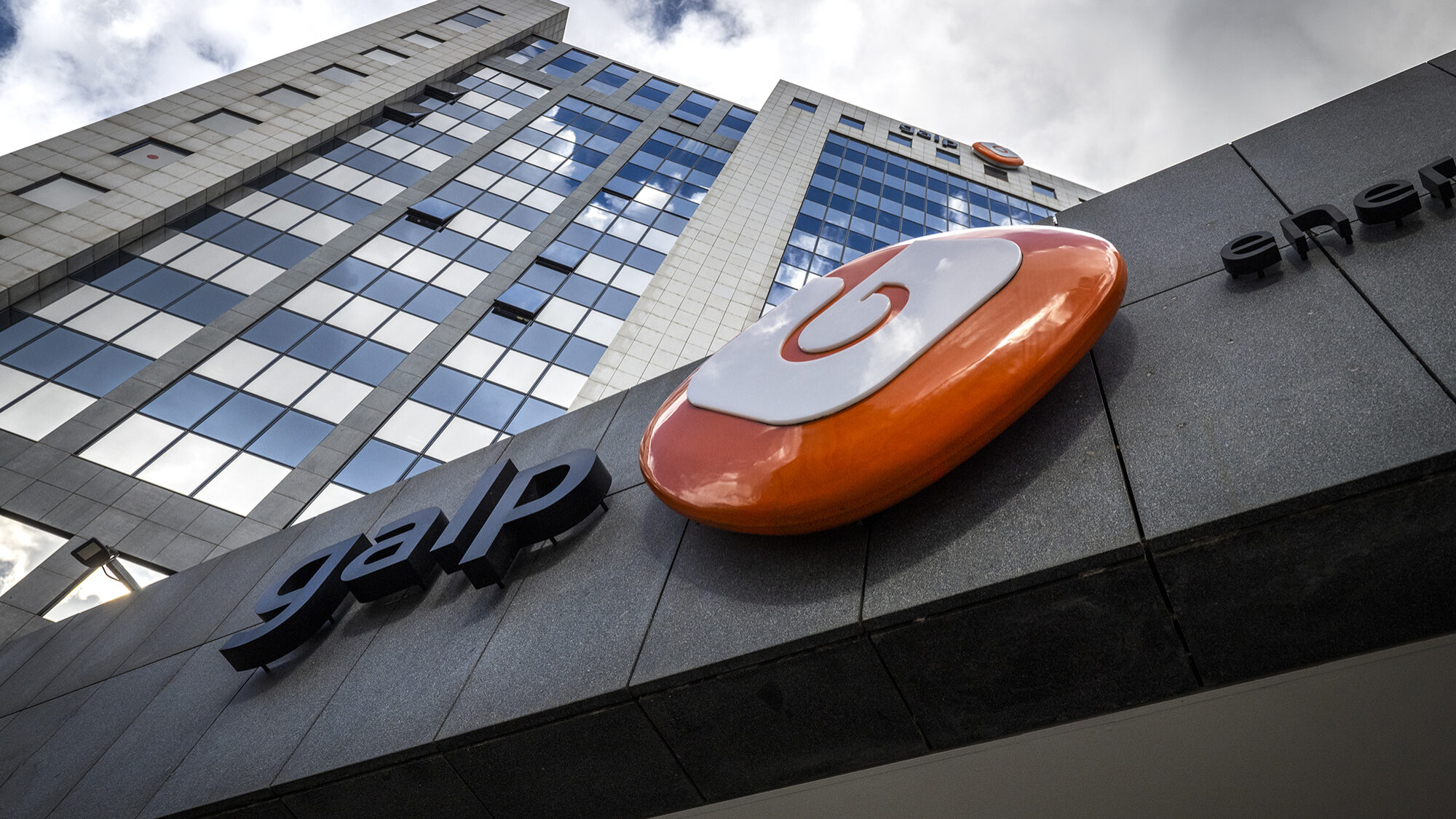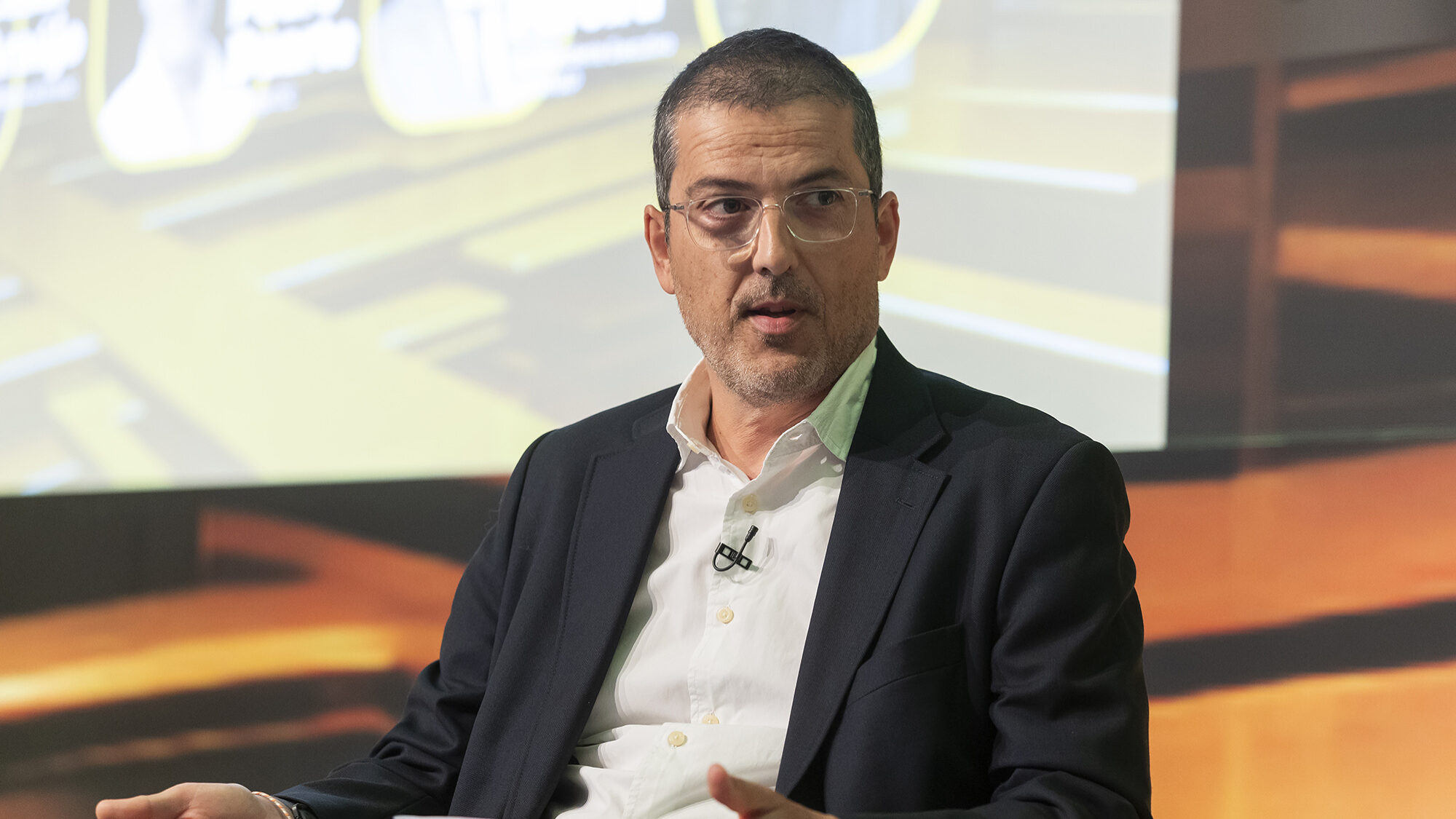Vodafone Portugal “is a highly desirable asset”
With 33 years in the country, Vodafone Portugal has a "strong position" that makes it "very attractive" in a scenario of “inevitable” consolidation in the long term.
The chief executive of Vodafone Portugal believes that the company he leads “is a very attractive asset” in a possible scenario of consolidation in the electronic communications sector in Portugal — which in the short term “is not likely”, but in the long term “is inevitable”, Luís Lopes said at a meeting with journalists on Thursday.
“I think that Vodafone, given its position in Portugal — it has a very strong position — is a very desirable asset, in my opinion. But this strong position also puts it in a position of potential consolidation, as we tried to do two years ago”, he added, referring to the attempted purchase of Nowo, which was not approved by the Competition Authority.
The main operators in the country have been signalling the need for consolidation since Digi’s entry into the national market began to be envisaged, which was completed at the end of last year. The Romanian company has been competing on price, offering fixed and mobile services at prices well below those charged by the incumbent companies.
Furthermore, for managers such as Luís Lopes, European operators urgently need to gain scale. Meanwhile, the loss of telecommunications revenue for all these companies in Portugal this year could reach 5%, according to the manager, including Digi, blaming factors such as regulatory uncertainty and public policies outlined for this sector.
Vodafone open to commitments on spectrum renewal
At the same meeting, the CEO of Vodafone Portugal also complained that there is still no solution defined by the Government for spectrum usage rights that will expire in 2028, stating that “if there is a tender, it is a problem for investors”.
Vodafone Portugal argues that the spectrum should be “renewed”, ideally without compensation, although it is willing to make commitments. These include coverage or energy resilience targets, especially after the blackout on 28 April, the manager said.
Luís Lopes explained that Vodafone Portugal moved forward on 29 April with an investment plan to increase energy resilience, which involves installing batteries with eight hours of autonomy in some of its 1,500 telecommunications sites (antennas). In addition, Vodafone has been positioning industrial generators in some of the most critical nodes of the network.
Vodafone is celebrating 33 years in Portugal this month, and the CEO listed some of the highs and lows in the company’s history. One of these notable moments was the serious cyberattack that brought down the company’s entire infrastructure in Portugal in February 2022, about which few details are publicly known.
The current CEO of Vodafone, who was not yet in office at the time, indicated that the matter is still covered by “judicial secrecy”, but provided some information: namely, that “it was an external actor” who was behind the cyberattack, although he admitted that “there were internal factors that have since been corrected”. The same manager said that it was not a state-sponsored cyberattack and that Vodafone was not the only target.




